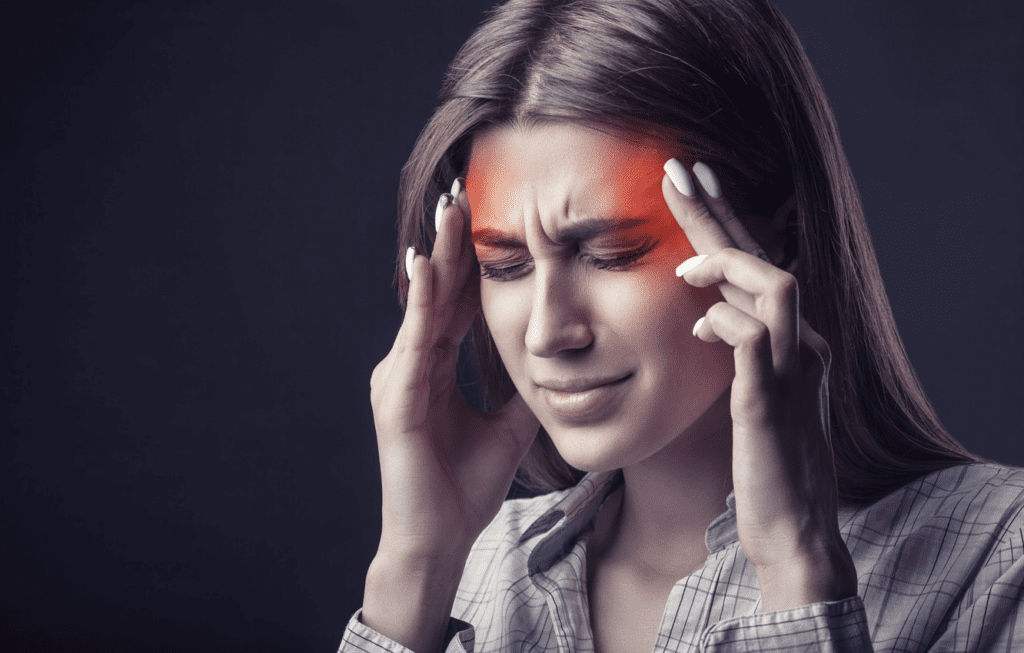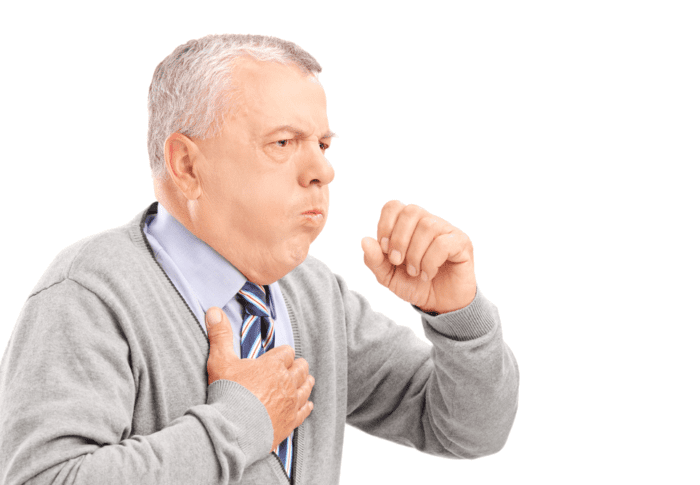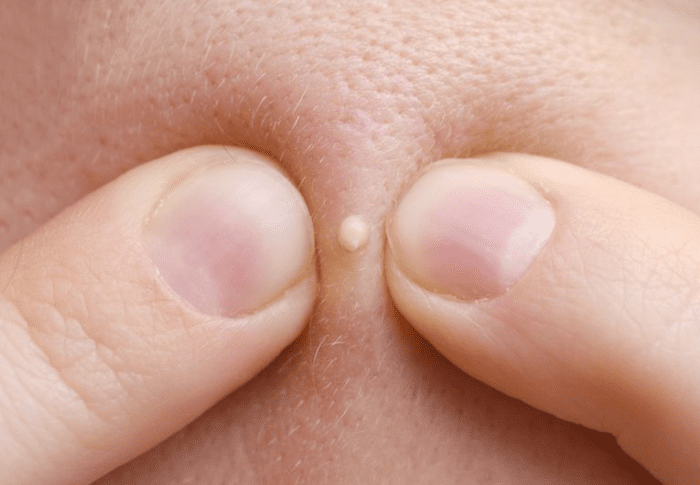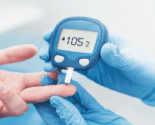
Headache: Symptoms and Tips to relieve headaches
Headache is a pain or discomfort in the head, scalp, or neck caused by various factors such as tension, stress, sinus problems, migraines, or other medical conditions. Symptoms may include aching, throbbing, or pulsating pain, as well as sensitivity to light, sound, or smells. Treatment may involve rest, over-the-counter pain relievers, prescription medications, or other therapies depending on the underlying cause of the headache.

Headaches are one of the most common medical complaints experienced by people across the world. They can range from mild discomfort to severe and debilitating pain that can negatively impact daily activities. Headaches can also be classified based on their causes, symptoms, severity, and duration.
Symptoms of headaches:
- Throbbing or pulsating pain on one or both sides of the head or neck
- Tenderness in the scalp, neck, or shoulder muscles
- Sensitivity to light or sound
- Nausea or vomiting
- Fatigue or exhaustion
- Dizziness or lightheadedness
- Loss of appetite
- Visual disturbances
- Difficulty concentrating or thinking clearly
- Jaw pain or discomfort
Tips to relieve headaches:
- Manage stress: Stress can trigger headaches. Practice relaxation techniques such as deep breathing, meditation, or yoga.
- Stay hydrated: Drinking plenty of water can help prevent dehydration, which can cause headaches.
- Maintain regular sleep patterns: Getting enough quality sleep can help reduce the frequency and intensity of headaches.
- Avoid triggers: Avoid foods and drinks that can trigger headaches, such as alcohol, caffeine, and processed foods containing additives.
- Improve posture: Poor posture can cause tension headaches. Keep your shoulders relaxed and the neck straight while sitting or standing.
- Exercise regularly: Exercise can help reduce tension and relieve stress, which can help prevent headaches.
- Use heat or cold therapy: Applying a warm or cold compress to the affected area can help reduce headache pain.
- Take over-the-counter pain relief medication: Medications such as aspirin, ibuprofen, or acetaminophen can help alleviate headache symptoms.
- Acupuncture: Acupuncture has been found to be an effective treatment for migraines and tension headaches.
- See a healthcare provider: If headaches are frequent or severe, a healthcare provider can assess for underlying health conditions and recommend appropriate treatment.






-
-
1 year
Tagged causes, dry cough, treatment